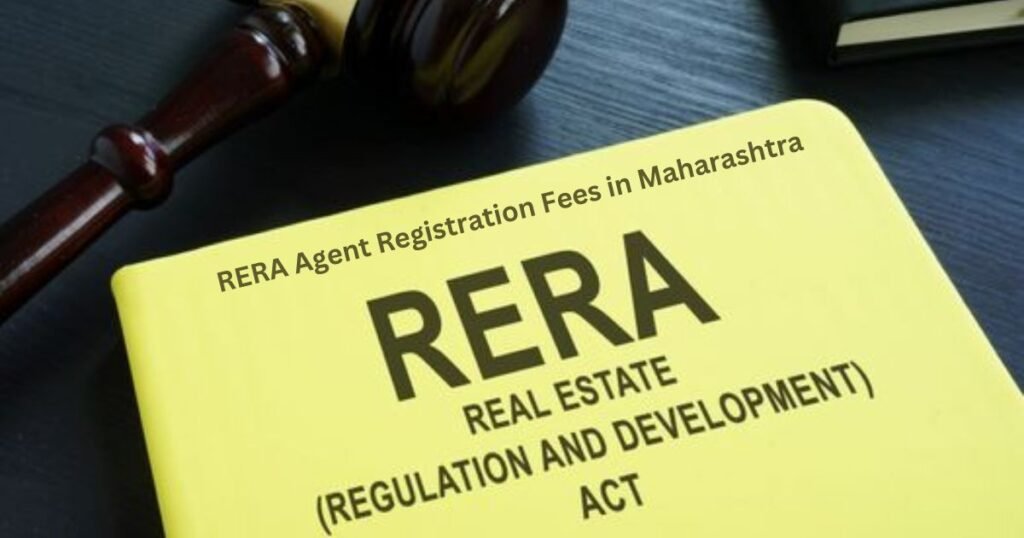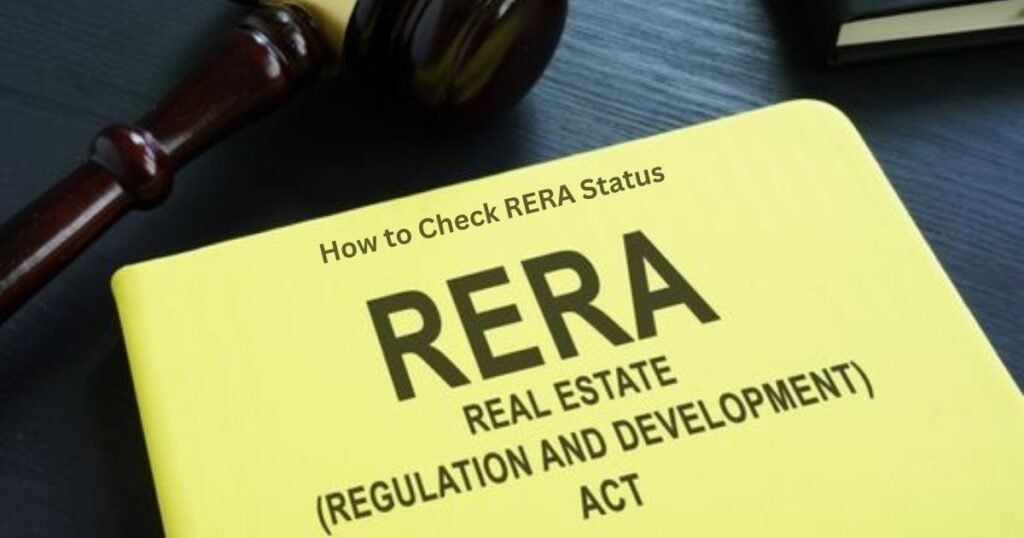Buying your first home is something everyone is excited about, but it can often be an overwhelming experience. That’s because it can be difficult to find a home that fits your needs and budget. But owning a home is a major investment and achievement in life. However, for first-time homebuyers, the process can be a little complicated, and you may encounter a lot of questions about the real estate market. Whether you’re looking for your dream home or an investment property, these Top 10 Tips for First-Time Homebuyers articles can help you make the right decision and avoid some mistakes. So read on to the end.

Top 10 Tips for First-Time Homebuyers
1. Know Your Budget and Stick to It
When you plan to buy a house, first of all you have to decide your budget that how much you can spend according to your income. Some people are not able to keep a budget for buying a house according to their income and make the mistake of increasing their budget. Before looking for any property, you should evaluate your budget in every way so that you can understand how much you need to spend to buy a house.
Take a decision about how much you can pay for your new house by properly calculating the loan and your entire home expenses according to your entire monthly income. Lenders usually recommend that your entire monthly home expenses including mortgage, property tax and insurance should not exceed 28-30% of your monthly income. Also, while buying a house, it is very important to keep your down payment in mind, which is usually 20% of the total price of the house.
2. Get Pre-Approved for a Mortgage
Before looking for a house, it is very important to find out how much loan you are going to get for your house i.e. pre-approval. After receiving a pre-approval letter from the bank, it makes you a serious buyer. This makes the sellers feel that you have really come to buy a house. This step helps you find and buy a right house according to your budget based on your eligible amount.
The pre-approval process usually involves submitting documents such as your W-2 form, tax returns, bank statements and credit score to the bank. The lender reviews these documents to determine your eligibility for a loan and how much you can borrow.
Remember, being pre-approved does not mean you are bound to use that lender. You can still shop around for better interest rates and loan terms.
Also Read: 200+ Catchy and Attractive Real Estate Business Name for Brand Identity
3. Research the Neighborhood
While it’s easy to get excited about the features and layout of a home, it’s just as important to consider the neighborhood. The location of your future home can impact your daily life and its long-term value. Start by researching the area’s safety, schools, amenities, public transportation, and local markets.
If you have children or plan to in the future, pay close attention to school ratings and proximity to parks and recreational areas. Additionally, consider the potential for property value appreciation. A home in an up-and-coming neighborhood could offer great returns in the long term, while a property in a declining area may pose challenges when it comes time to sell.
Don’t just rely on online research. Spend time in the neighborhood during different times of the day to get a feel for the environment. Talk to local residents and visit nearby businesses to get firsthand knowledge of the area.
4. Work with an Experienced Real Estate Agent
A good real estate agent assists you throughout the entire home buying process. They help you navigate the market, recommend properties based on your needs, and negotiate on your behalf. To do this, make sure you find an agent who specializes in working with first-time buyers and is familiar with the area you want to move to and buy a home.
An experienced agent also helps you understand the home buying process, from making an offer to handling inspections and closing. They can also guide you through the paperwork, advising you on the right things to consider.
5. Don’t Skip the Home Inspection
It’s natural to be very excited about buying your first home, but you should never skip a proper home inspection before you buy. This step is crucial to identifying potential problems with your property that you may not immediately notice during your initial home tour. During an inspection, you may be able to find hidden problems in the property, which can help you avoid spending too much money.
6. Understand the Total Cost of Ownership
Owning a home is more than just paying a mortgage. As a homeowner, you also have to pay for regular maintenance and repairs, property taxes, homeowners insurance, utilities, and maybe even HOA fees. It’s important to budget for all costs along with your monthly mortgage payment.
Creating an emergency fund for unexpected repairs or problems is also something homeowners should consider. Getting a new roof, plumbing repairs, or replacing an HVAC system can be costly, so it’s important to be prepared for the expense ahead of time.
Also Read: Comprehensive Guide to Plinth Area and Built-Up Area in Real Estate
7. Know the Different Types of Mortgages
There are many types of mortgage loans, and understanding the differences between them can help you choose the right loan for your financial situation. The most common types are:
- Fixed-rate mortgages: These have interest rates that remain the same throughout the loan term (usually 15 or 30 years).
- Adjustable-rate mortgages (ARMs): These have interest rates that change periodically depending on market conditions.
- FHA loans: These are government-backed loans for buyers with lower credit scores and who can afford a small down payment.
- VA loans: These loans are for veterans and active military personnel, with favorable terms and no down payment requirement.
Each loan type has its own pros and cons, so it’s important to consult with a lender so you can choose the best option for your needs and financial goals.
8. Be Prepared for Closing Costs
Closing costs are fees and expenses that must be paid to finalize a home sale. These typically range between 2% and 5% of the home’s purchase price and include lender fees, title insurance, home appraisal, and legal fees.
While some closing costs can be negotiated, it’s important to budget for them in advance. Your lender will give you a detailed breakdown of closing costs, so it’s important to look at them carefully and prepare yourself accordingly.
9. Don’t Rush Into a Decision
It can be tempting to make an offer when you see a home you like, but you should never rush into a decision. Every property has its pros and cons, so think carefully before you buy, and consider how well it fits in with your long-term plans.
Sometimes, the best decision is to walk away from a home that doesn’t meet all your needs or that seems like a rush to buy. Trust your instincts and remember that this is a big investment that will affect your life for many years. So whatever decision you make, think carefully.
10. Stay Calm During Negotiations
Negotiating the price of a home can be a bit challenging, but it’s important to keep calm and stick to your budget. Your real estate agent will be a great help throughout the process, but remember that you don’t have to accept the first offer made. If you find any issues during the inspection, use them as leverage to work on the price or make repairs and request them from the builder.
It’s important to be patient and flexible during negotiations, and to keep an open mind. Real estate deals often go back and forth, and if you stay strategic and level-headed, you can get the best deal.
Also Read: Top 3 Real Estate Builders and Developers in Mumbai
Conclusion
Buying your first home is a big step for many, but with the right knowledge and preparation, it can be a rewarding experience. By following these 10 essential tips, you can better understand the home buying process and make informed decisions at every step. Staying within your budget, working with an experienced team, and don’t forget, taking your time to find a home is key to ensuring that your home meets all your needs. With careful planning and thoughtful consideration, you’re on your way to your dream home.
What should I do first when starting the home-buying process?
The first step is to assess your financial situation, check your credit score, and set a budget. Once you know how much you can afford, get pre-approved for a mortgage to make your home search easier.
How do I know what I can afford for a home?
Calculate your monthly income and expenses first, and look for a home that comfortably fits your budget. A general rule is that your monthly mortgage payment should not exceed 28-30% of your monthly income.
Should I hire a real estate agent?
Yes, especially for first-time homebuyers. A good real estate agent will guide you through the home buying process, help you find the right home, negotiate for you, and ensure you make an informed decision.
What’s the importance of a home inspection?
A home inspection is important because it helps you identify potential issues in the property, which you can know about before finalizing the purchase. If you need to make repairs, you will have the opportunity to negotiate a reduction in the price.
How much should I save for closing costs?
Closing costs typically range between 2% and 5% of the home’s purchase price. It’s important to budget the costs in addition to your down payment so there are no surprises.




